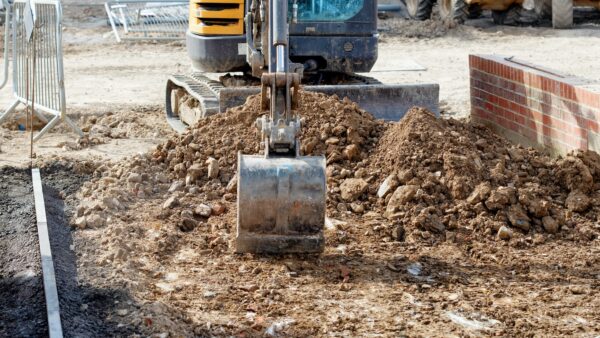
The covid-19 pandemic will continue to suppress demand until government spending stimuli kick in, the chief executive of BAM Construct UK has warned, as it revealed that profit halved in 2019.
The company made a pre-tax profit of £9.4m for the year ended 31 December 2019, down from £19.4m the year before. Revenue dropped slightly to £930.5m, down from £949.8m. The firm’s pre-tax profit margin stood at 1%, a decline on 2.1% in 2018.
BAM blamed the fall in profit on weaker demand and a financial provision on a project for Sheffield University. It said it was discussing a cost recovery plan with the client of the scheme, as well as the subcontractors and insurer. BAM has identified the need to re-pile the £65m Faculty of Social Sciences building for the university after it found settlement in excess of what would normally be expected. That meant it had to dismantle the frame of the building earlier this year.
Meanwhile, the company’s cash balance at the end of 2019 was £285m, up from £265m. Its balance sheet was £95.7m, compared to £133.6m in 2018.
Chief executive James Wimpenny said: “Our overall performance reflects strong client relationships, focusing on selecting opportunities with the right risk profiles, and our commitment to delivering projects safely and efficiently. Clients want reassurance that contractors can last out these difficult market conditions and our financial stability and liquidity remain very strong.”
Demand to remain subdued
But Wimpenny warned that the economic impact of the coronavirus pandemic has been “severe” and would ensure that demand would remain subdued until government spending stimuli take effect.
Nonetheless, he pointed to a £1.4bn order book (as of December 2019). He said: “We continue to pursue only profitable work for clients that want us to design, construct and manage high-quality buildings using our low carbon and sustainable capabilities.”
BAM Construct UK’s parent company Royal BAM Group has targets to reduce the CO2 intensity of its operations by 50% by 2030 compared to 2015.
Wimpenny added: “We continue to develop digital construction innovations and technology to significantly reduce programme delivery times and risks. And we are also at the forefront of developing better working environments that will attract more, talented people to choose construction as a career.”










